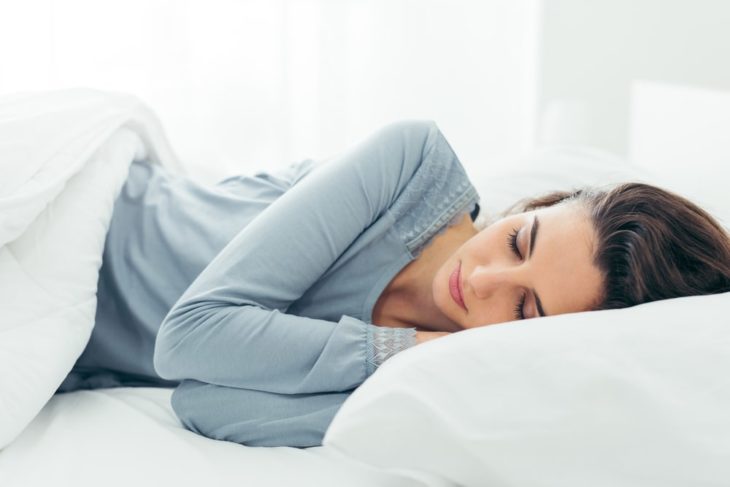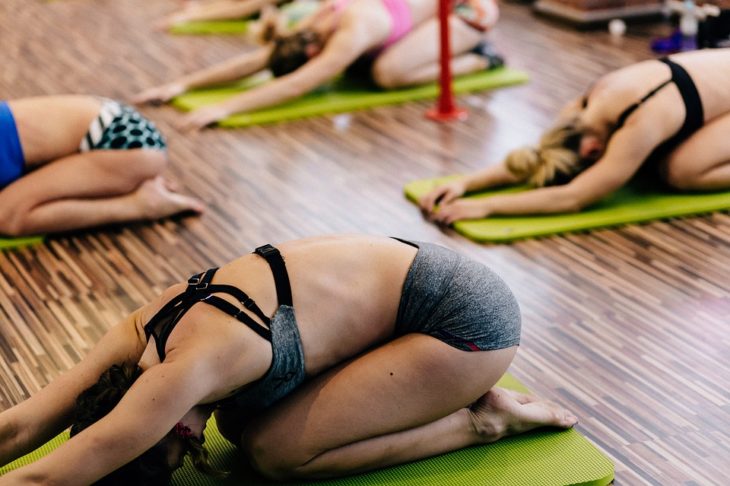Getting through the day when you didn’t sleep well the night before can be quite an ordeal. Quality sleep is one of the more important things in life. If you’re constantly feeling exhausted and moody, you might experience some changes in your hormone levels and your social life can suffer consequences. Poor sleep can also cause weight gain and have negative effects on brain function. These are just some of the reasons why you should always try to get a good night’s sleep and luckily, we have some tips on how to do just that. You should follow the majority of these tips even if you don’t have issues falling asleep or sleeping well throughout the night.
Contents
Increase bright light exposure during the day and decrease it during the night

Source: Pixabay
Exposure to sunlight, or bright light, helps keeps your circadian rhythms in check. Your body is greatly affected by the changes of day and night. Once the exposure to sunlight is over, your body is preparing for sleep. You can help it by limiting your bright light exposure before sleep and increase the exposure during the day. This way, the difference between night and day is more significant and might help your body prepare for sleep better. This can reduce time needed to fall asleep and prolong the time you stay asleep. Sunlight exposure is the best option, but if that’s not possible, artificial bright light can help as well.
Reduce the intake of caffeine, alcohol, and nicotine

Source: Pixabay
Coffee before bed is a big no. In fact, you should refrain from drinking coffee after 3 pm, or at least 6 hours before bed. Caffeine can prevent you from falling asleep fast and can cause you to wake up more often during the night. On the other hand, while alcohol can help you fall asleep faster, the quality of the sleep will be much lower which is why you end up waking up completely exhausted. Provigil is a medicine used to treat narcolepsy, obstructive sleep apnea, and shift work sleep disorder. Healthline warns us that Provigil is a stimulant that can help you stay awake and focused. If you’re having trouble falling asleep, try to reduce the intake of any stimulants, but talk to your doctor first.
Go to sleep at the same time every day

Source: Shutterstock
Help your body get used to your sleeping routine. By going to bed at the same time every day, your body can habituate to a certain rhythm and help you fall asleep faster. It’s not always possible to go to bed at strictly 10 pm, but you should at least avoid pulling all-nighters and sleeping in on weekends, both of which can mess with your natural sleeping rhythm.
Exercise

Source: Pixabay
Good exercise can help you fall asleep faster and sleep for longer periods of time. You should try working out around 3 hours before going to bed, not less. If you work out right before going to bed, you’re probably going to have some difficulties falling asleep as your body will be filled with adrenaline and keeping you awake.
